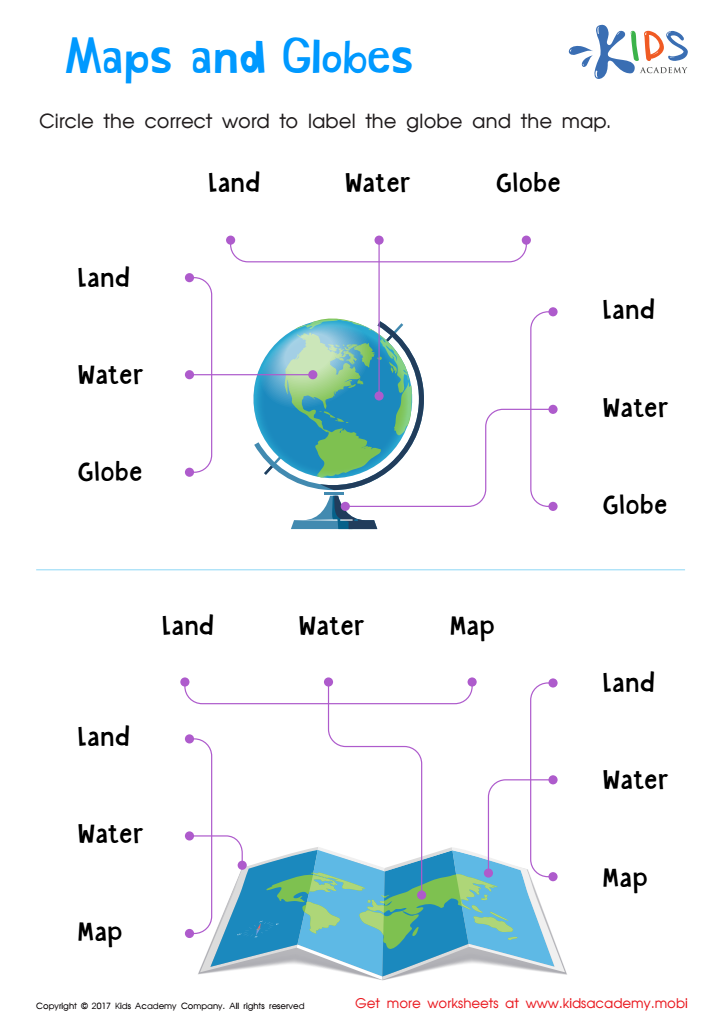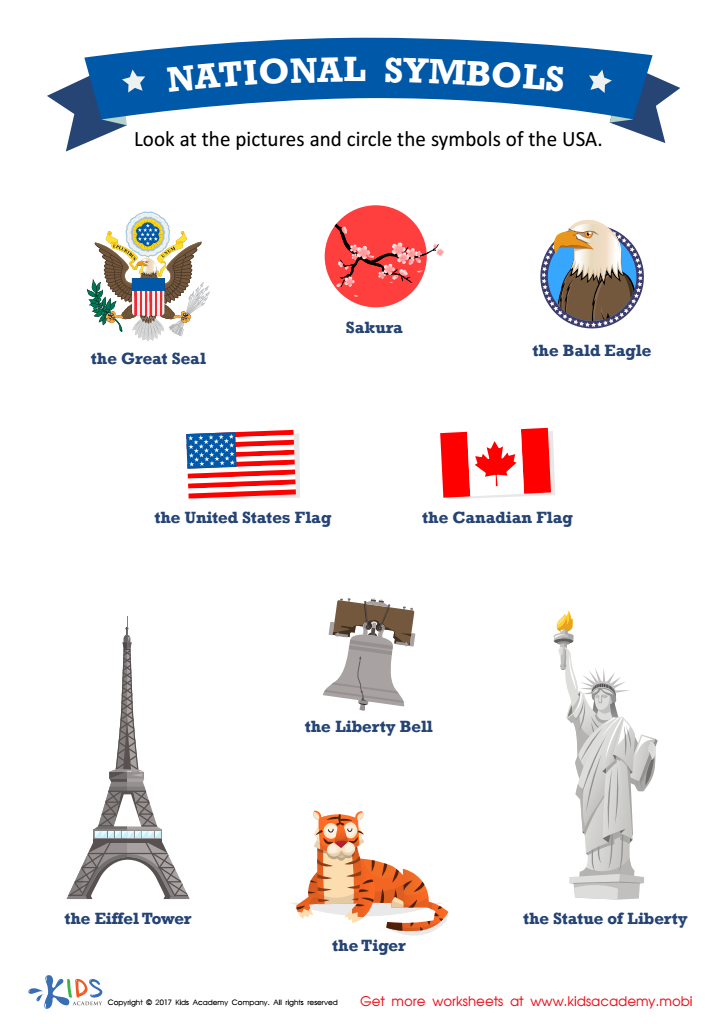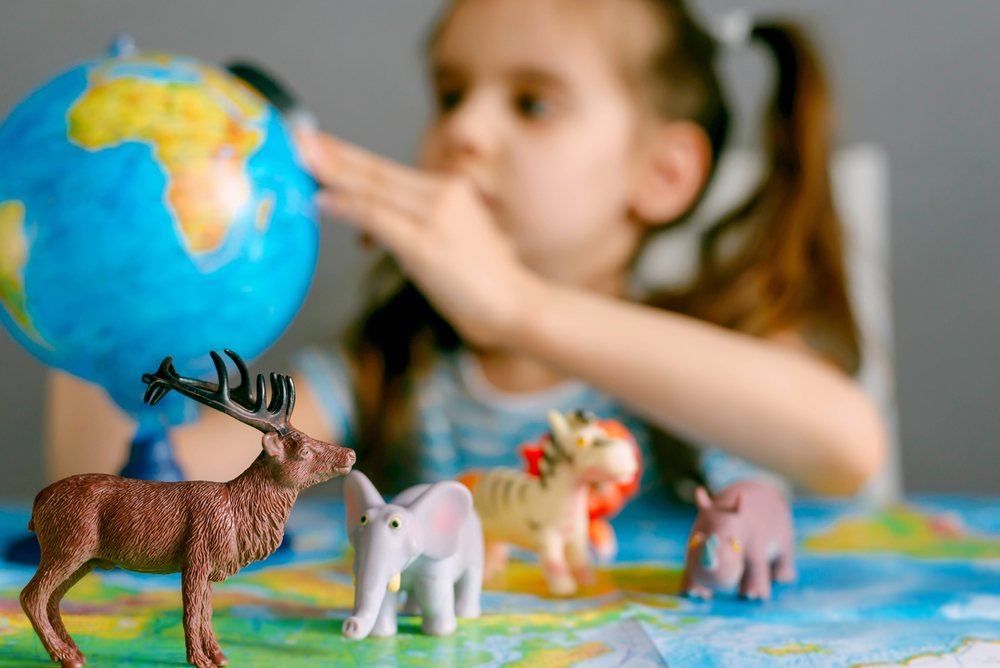Normal Geography Worksheets for Ages 5-7
41 filtered results
-
From - To
Explore our engaging Normal Geography Worksheets for Ages 5-7, designed to nurture young explorers' curiosity about the world! These captivating worksheets introduce basic geographical concepts through fun activities that include map reading, identifying landforms, and understanding directions. Children will delight in puzzles, coloring sheets, and interactive tasks that support their foundational understanding of geography. Carefully crafted by education experts, these worksheets are perfect for both classroom and home use, ensuring a blend of learning and enjoyment. Discover our vast collection now and start a thrilling geographical adventure with your young learners!
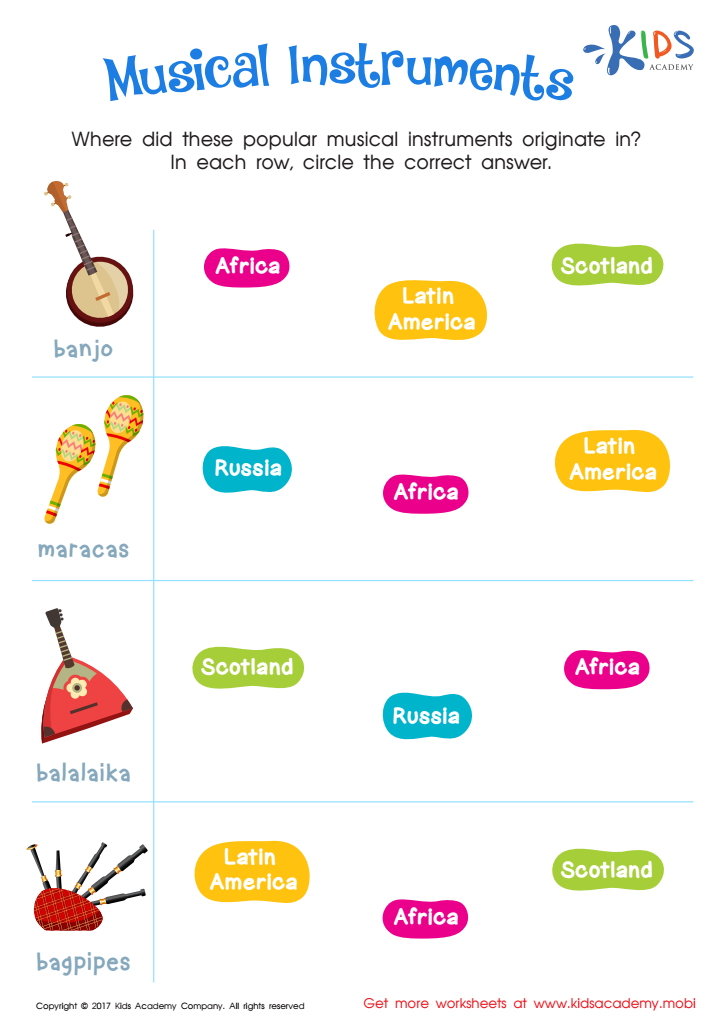

Musical Instruments Printable
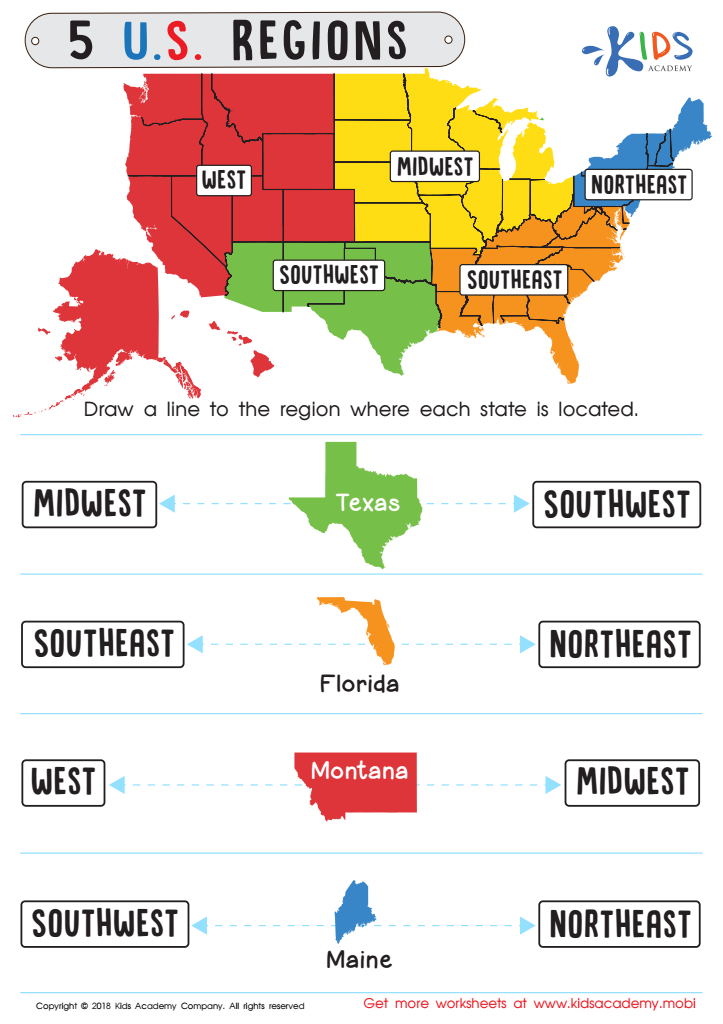

5 U.S. Regions Worksheet
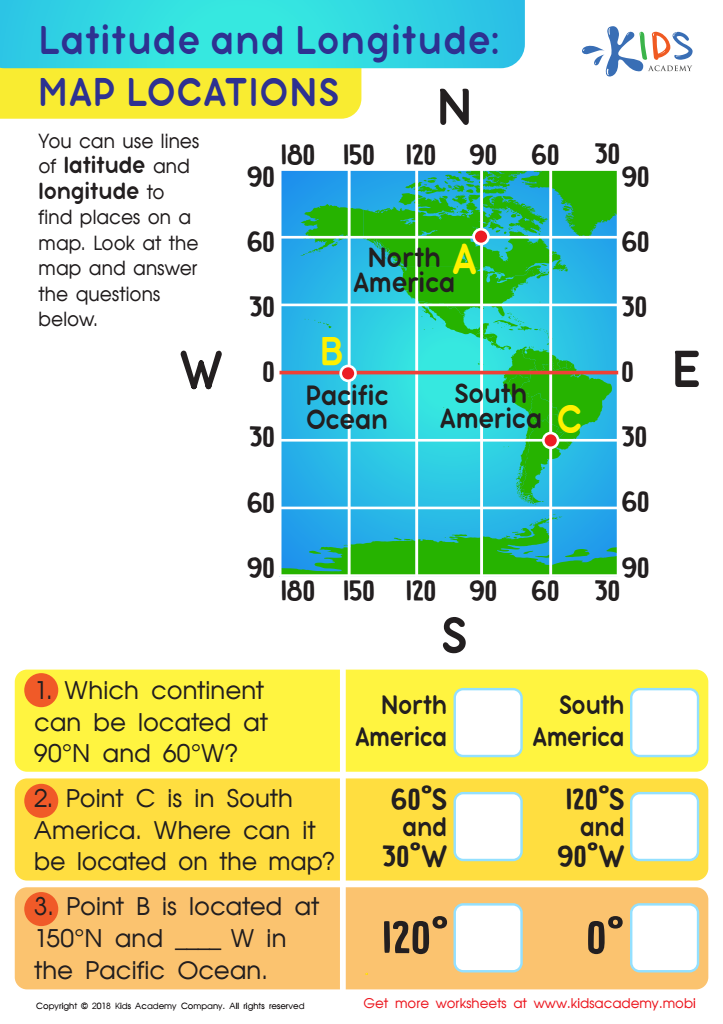

Latitude and Longitude: Map Locations Worksheet
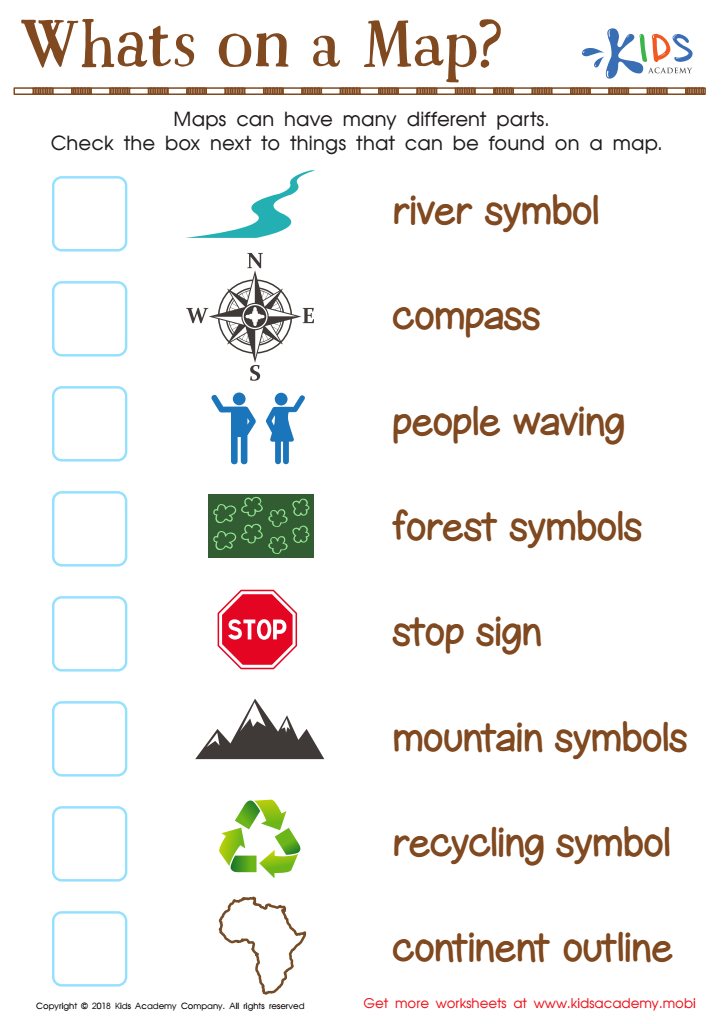

Whats on a Map? Worksheet
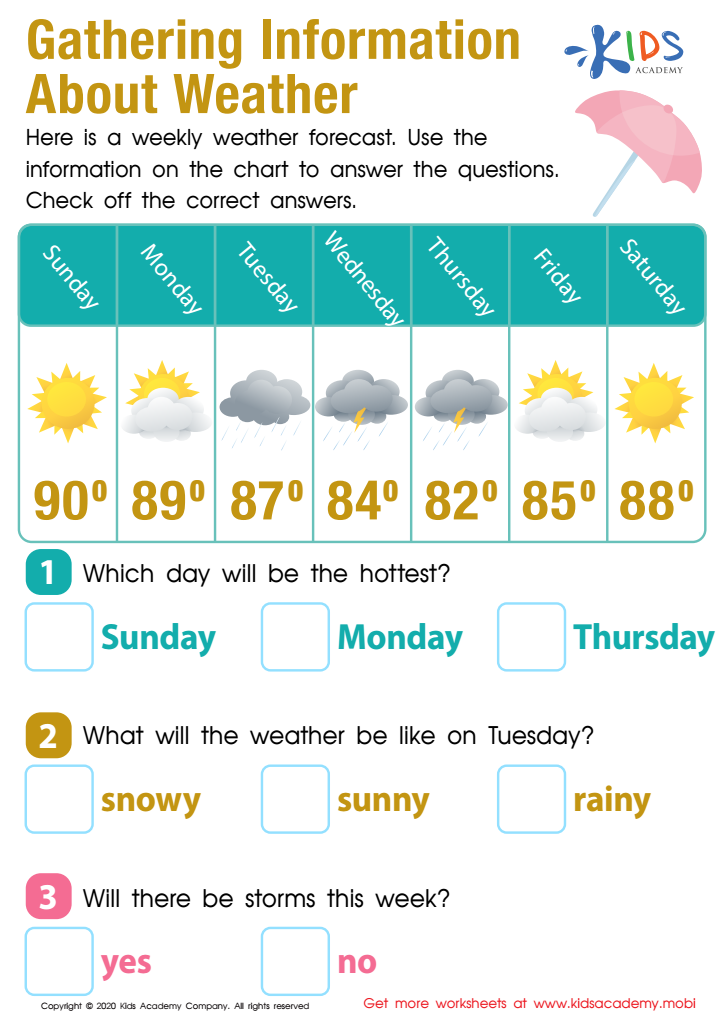

Gathering Information About the Weather Worksheet
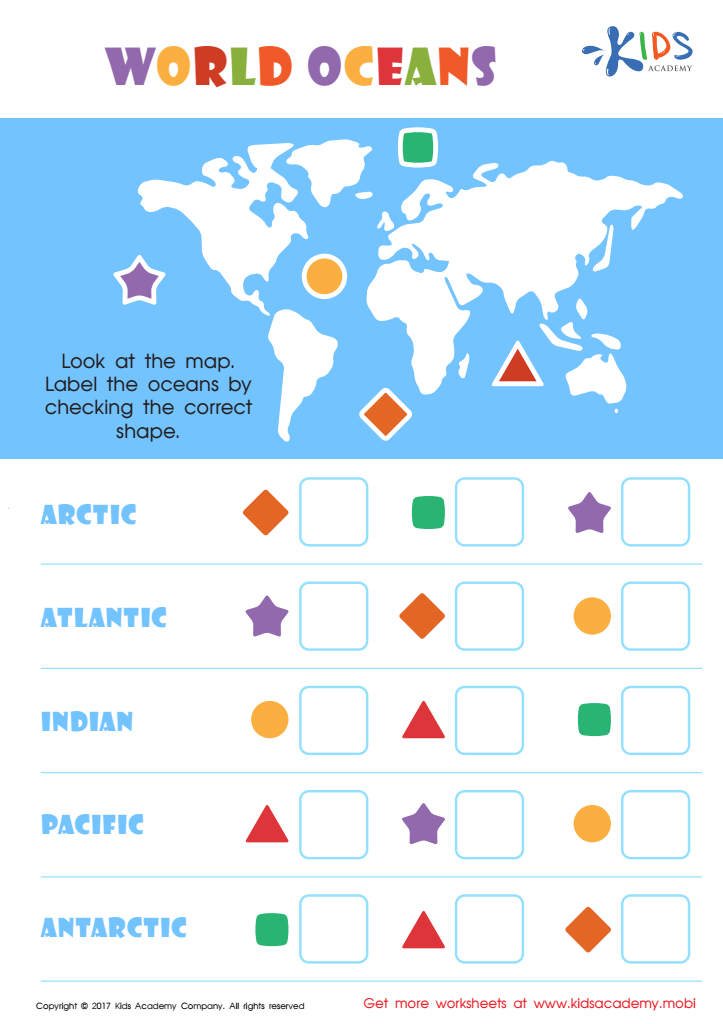

World Oceans Printable
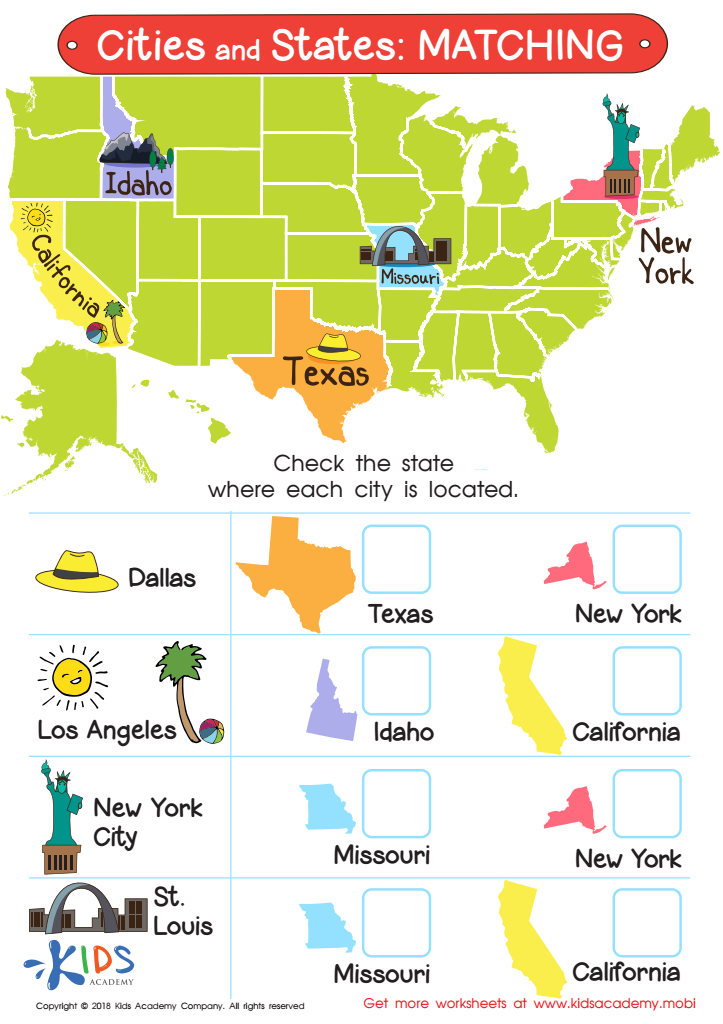

Cities and States: Matching Worksheet
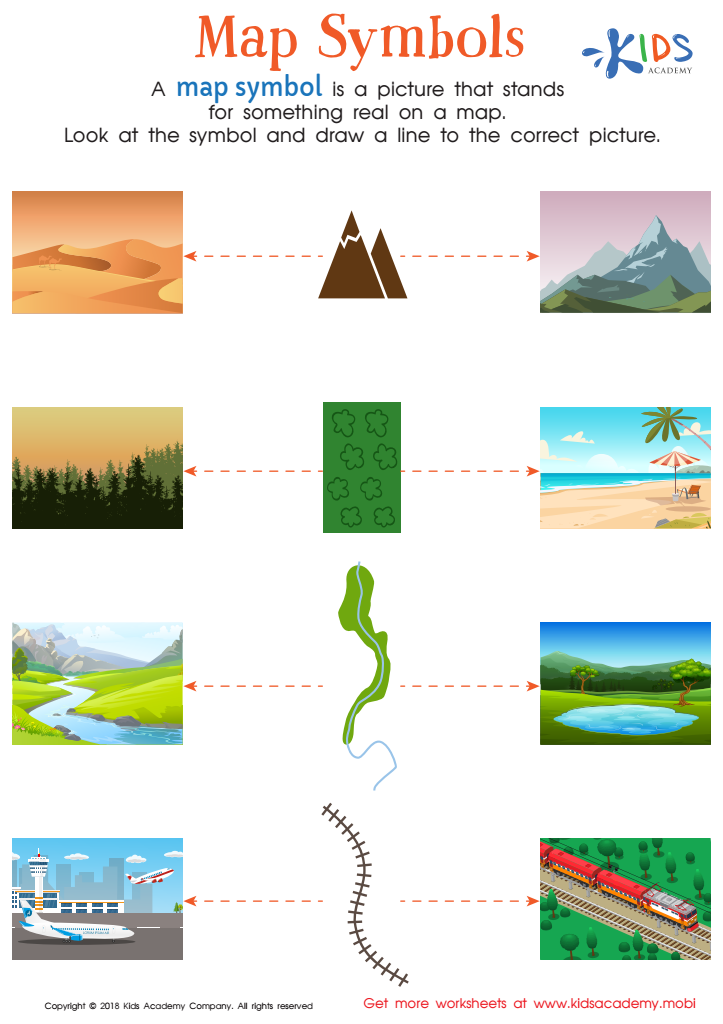

Map Symbols Worksheet
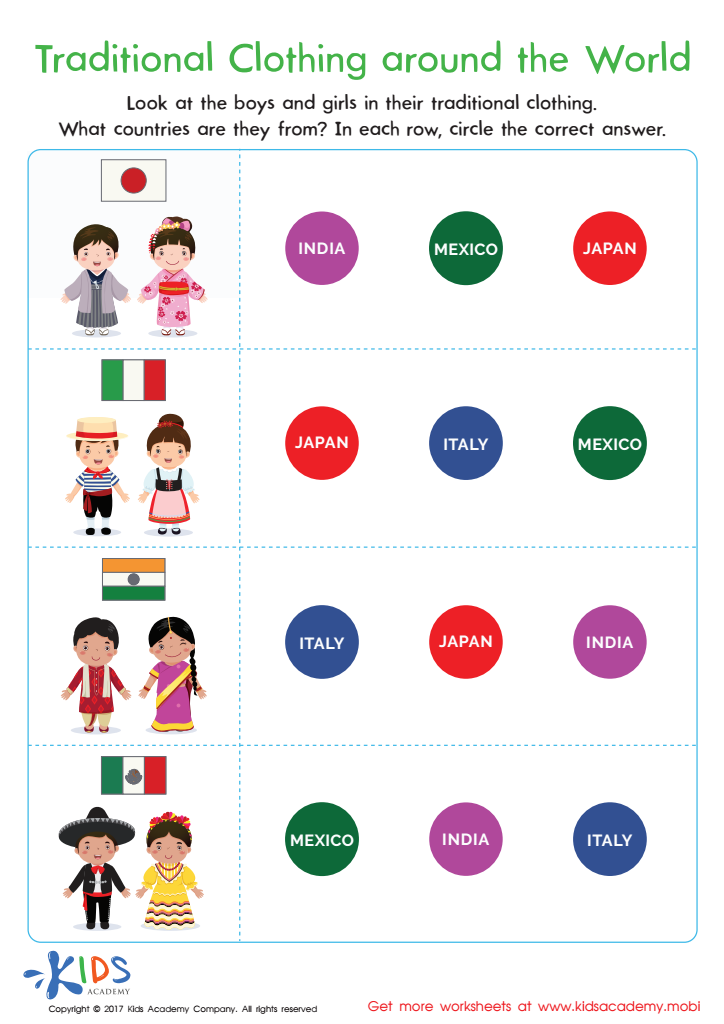

Traditional Clothing Worksheet
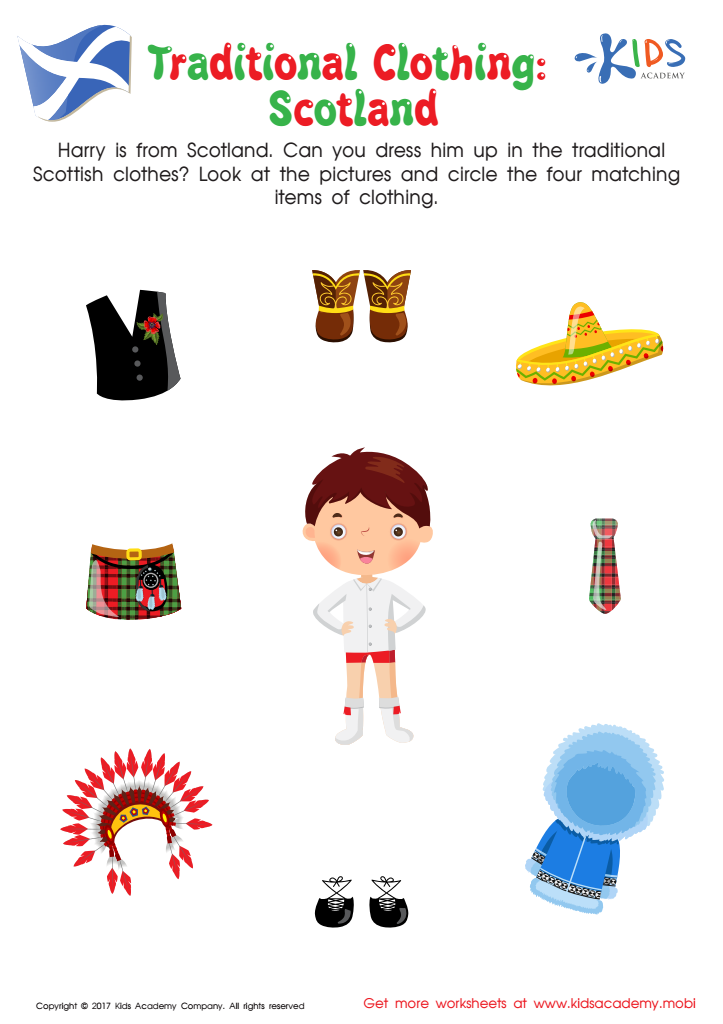

Traditional Clothing in Scotland Worksheet
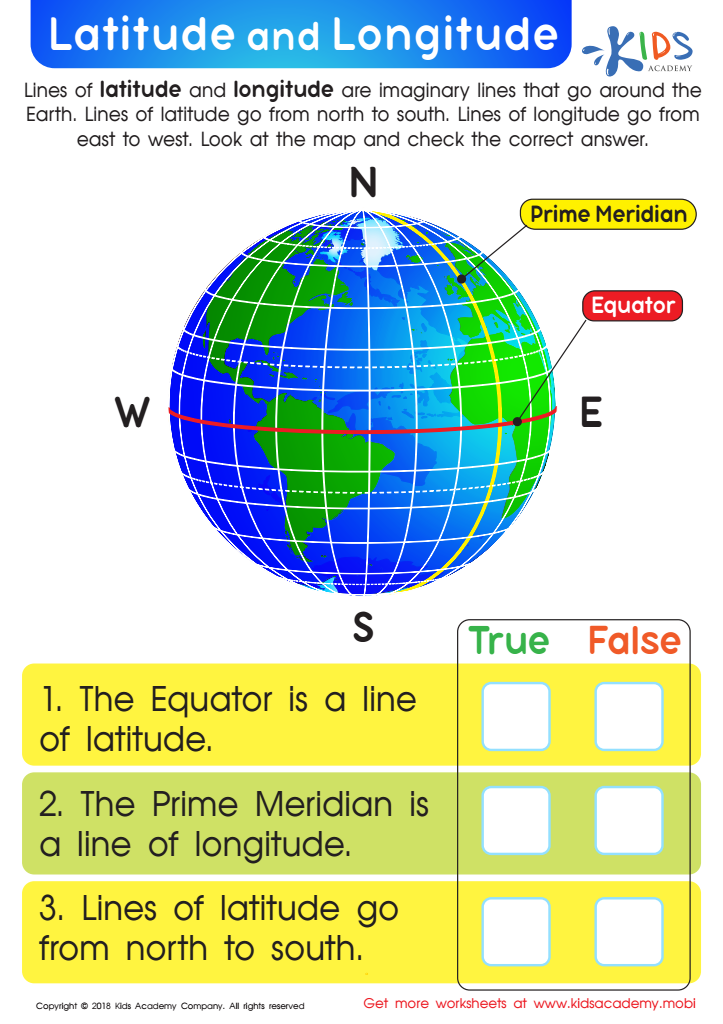

Latitude and Longitude Worksheet
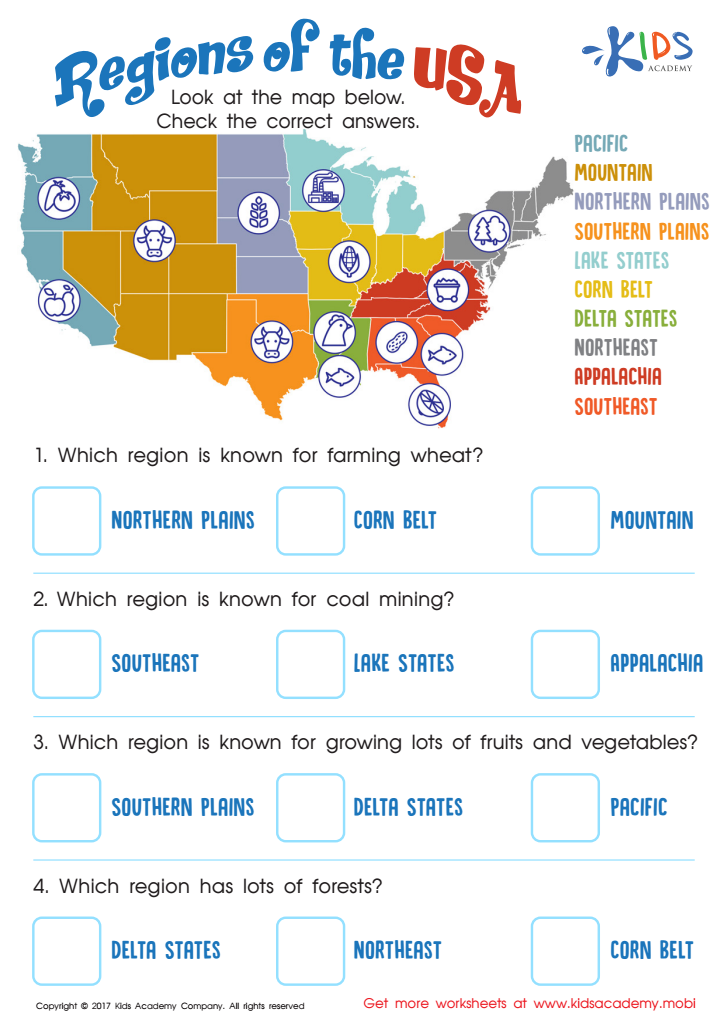

Regions of the USA Worksheet
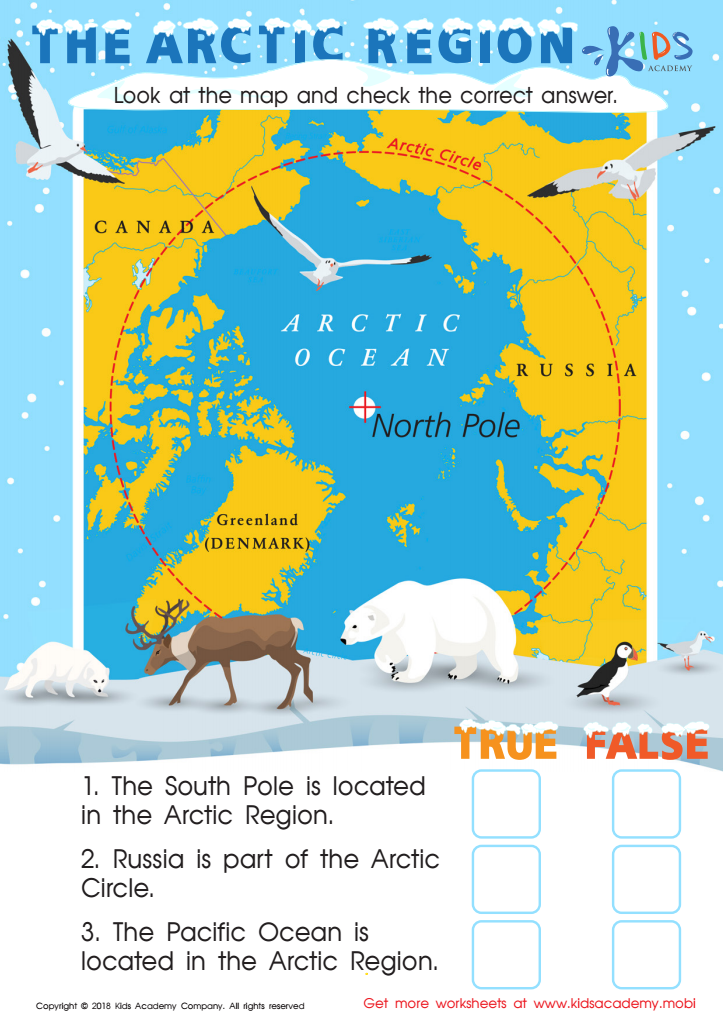

The Arctic Region Worksheet
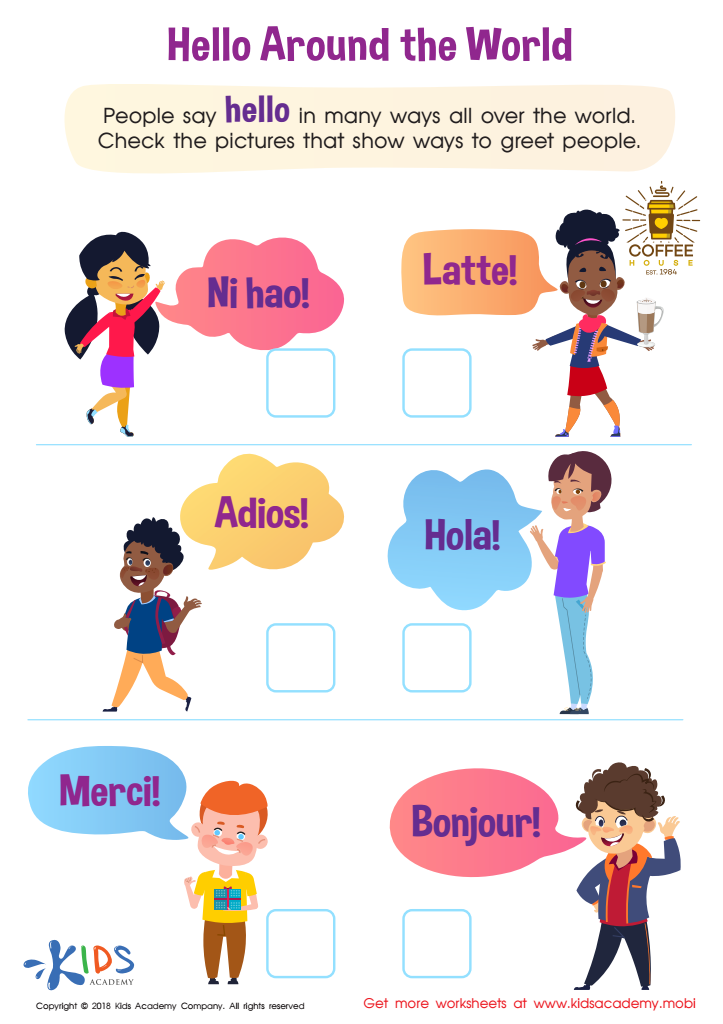

Hello Around the World Worksheet
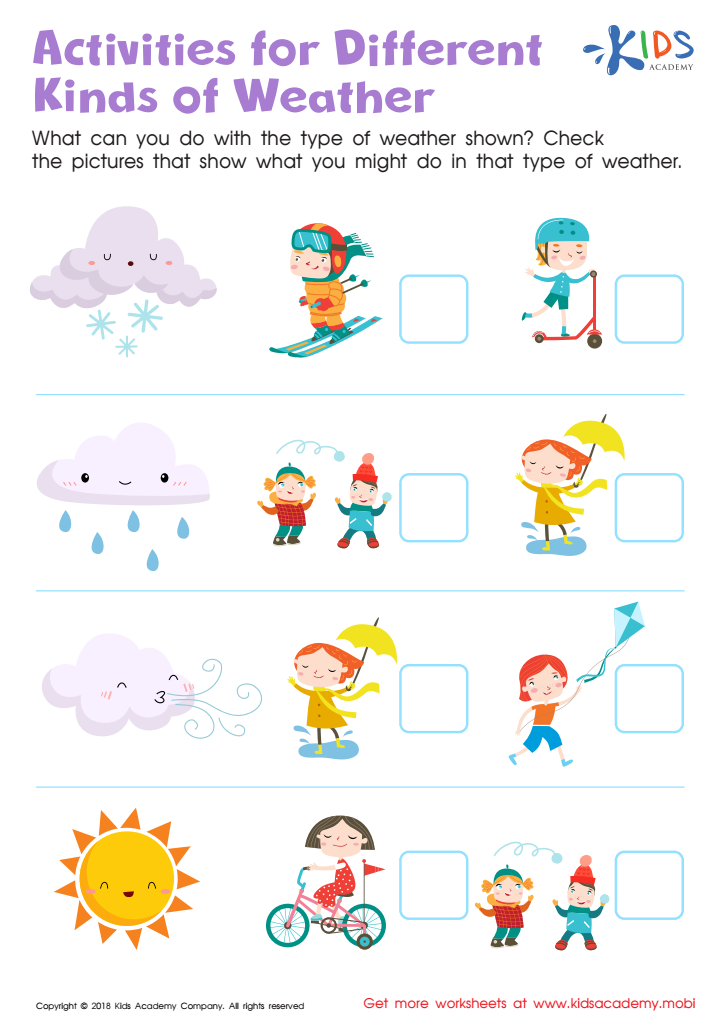

Activities for Different Kinds of Weather Worksheet
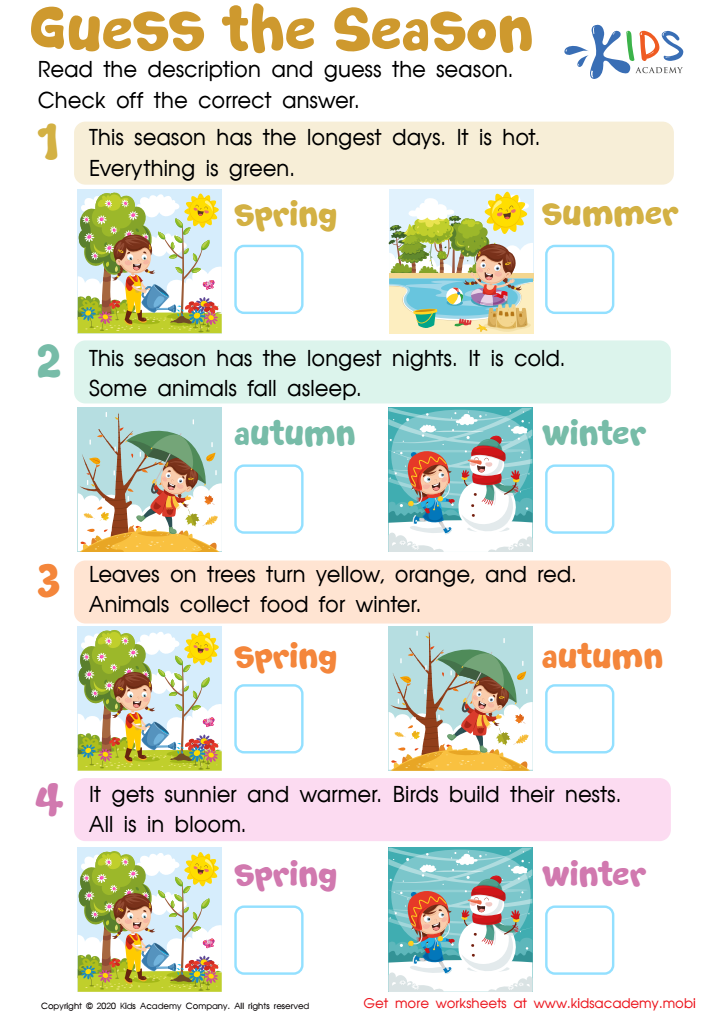

Guess the Season Worksheet
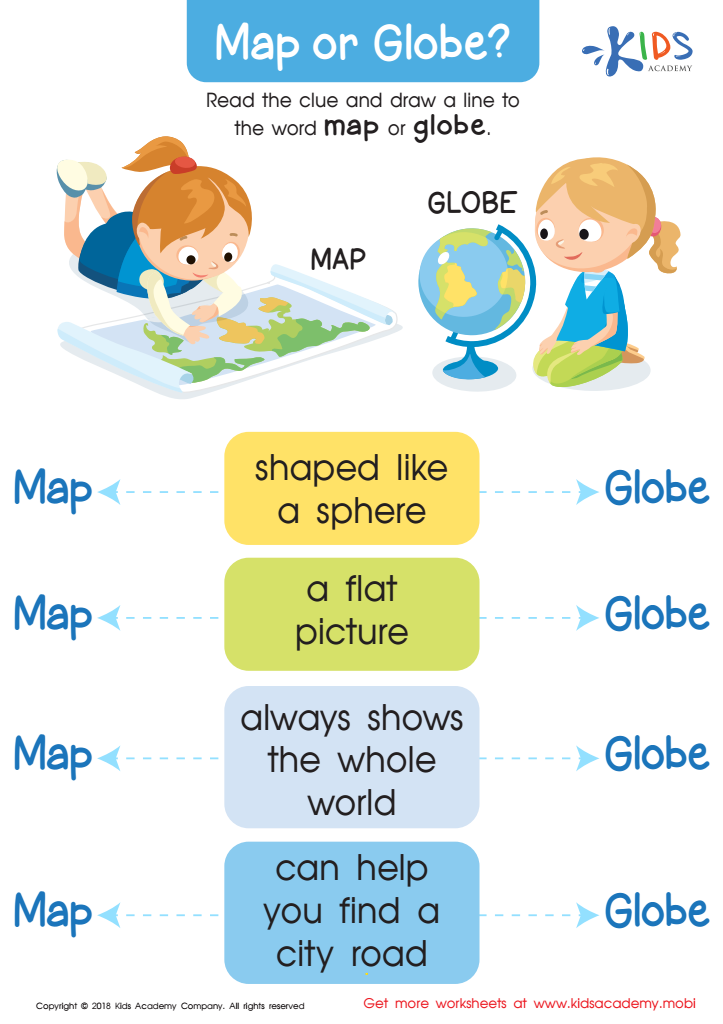

Map or Globe? Worksheet
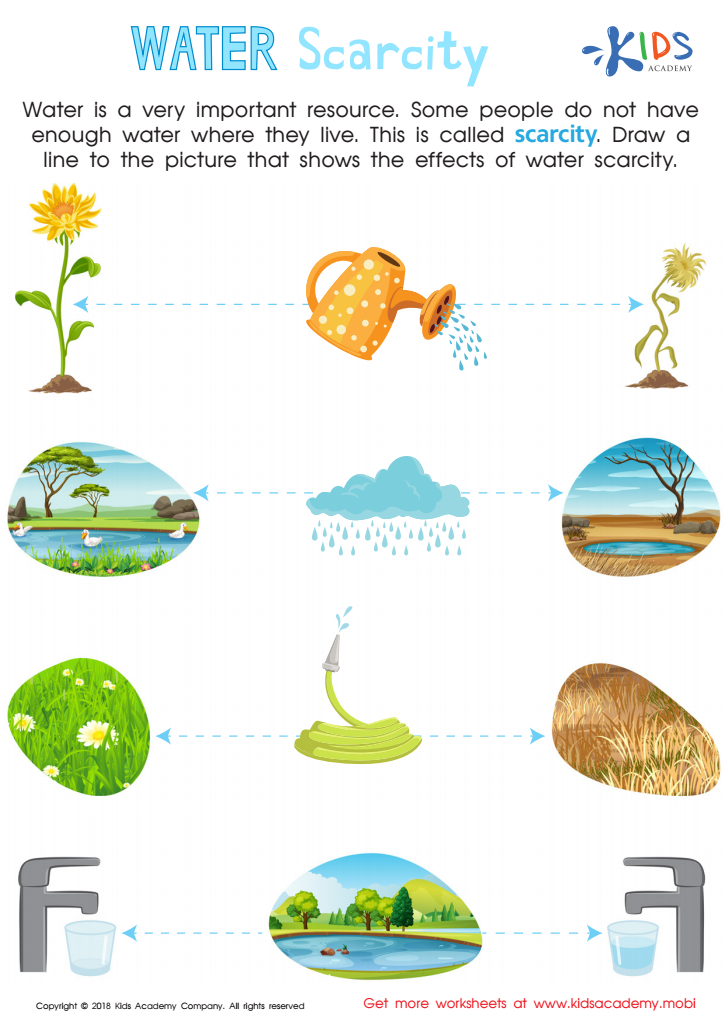

Water Scarcity Worksheet
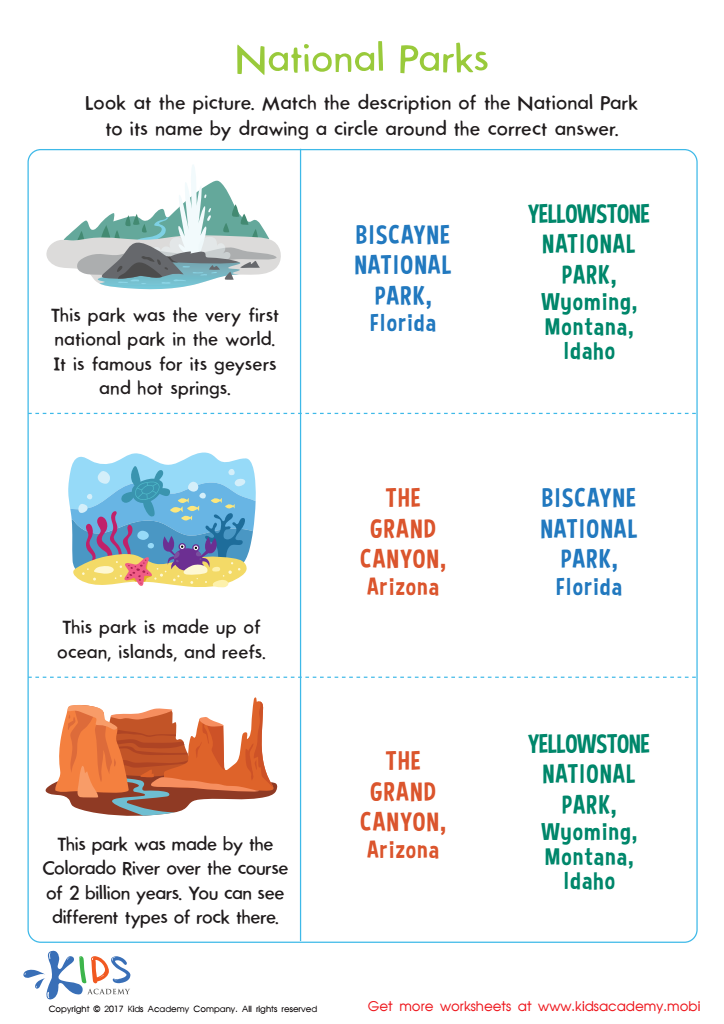

National Parks Printable
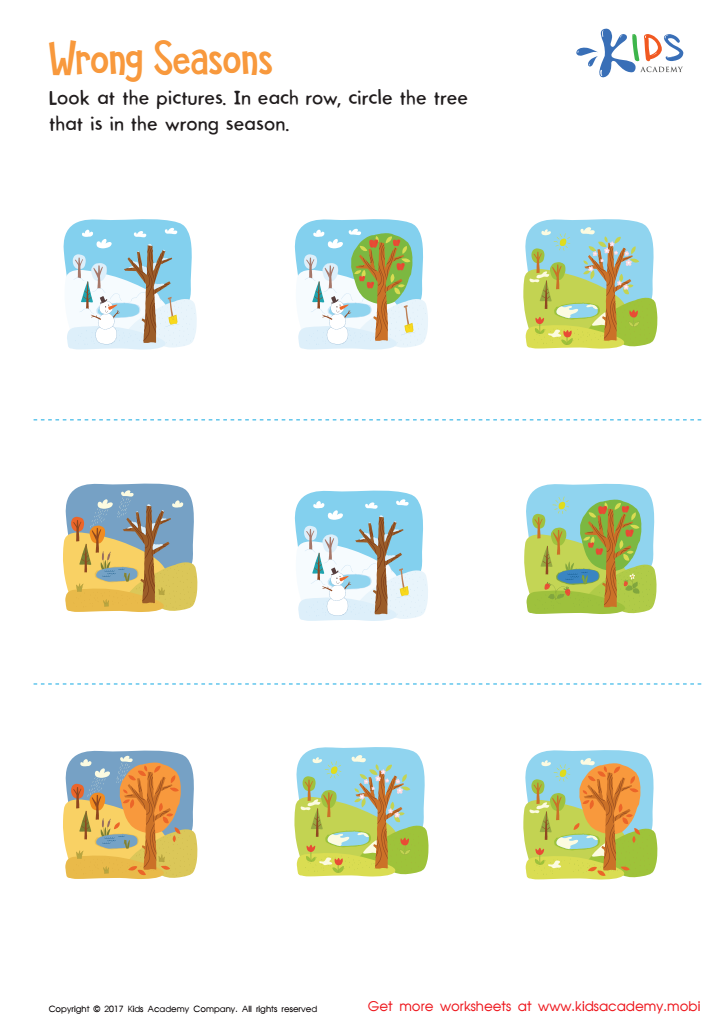

Wrong Seasons Worksheet
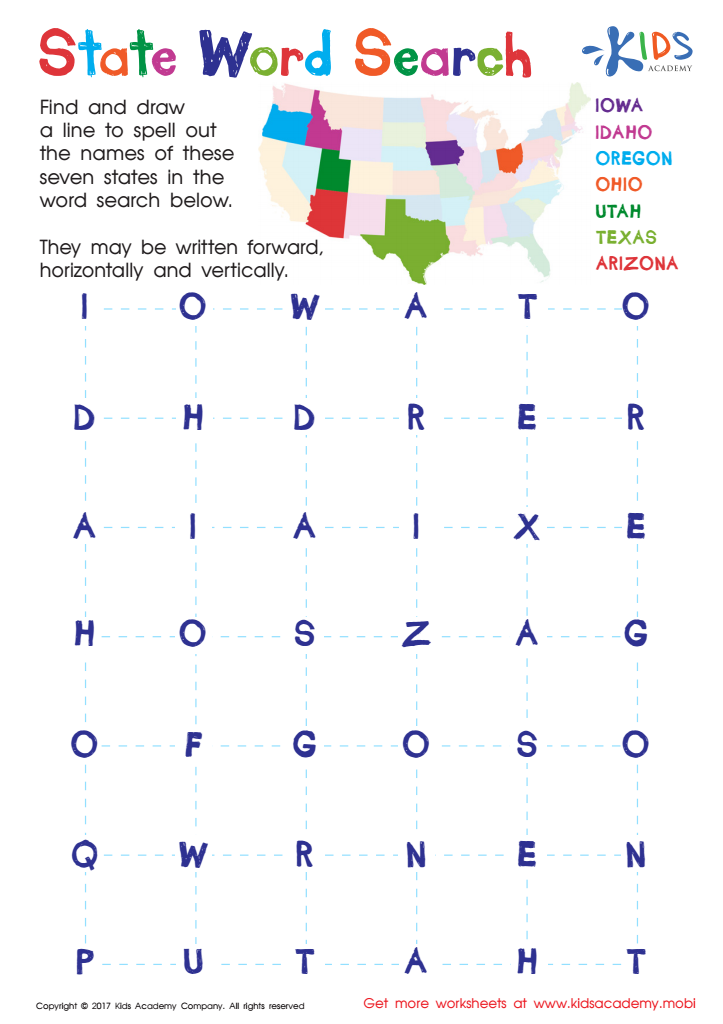

State Word Search Worksheet
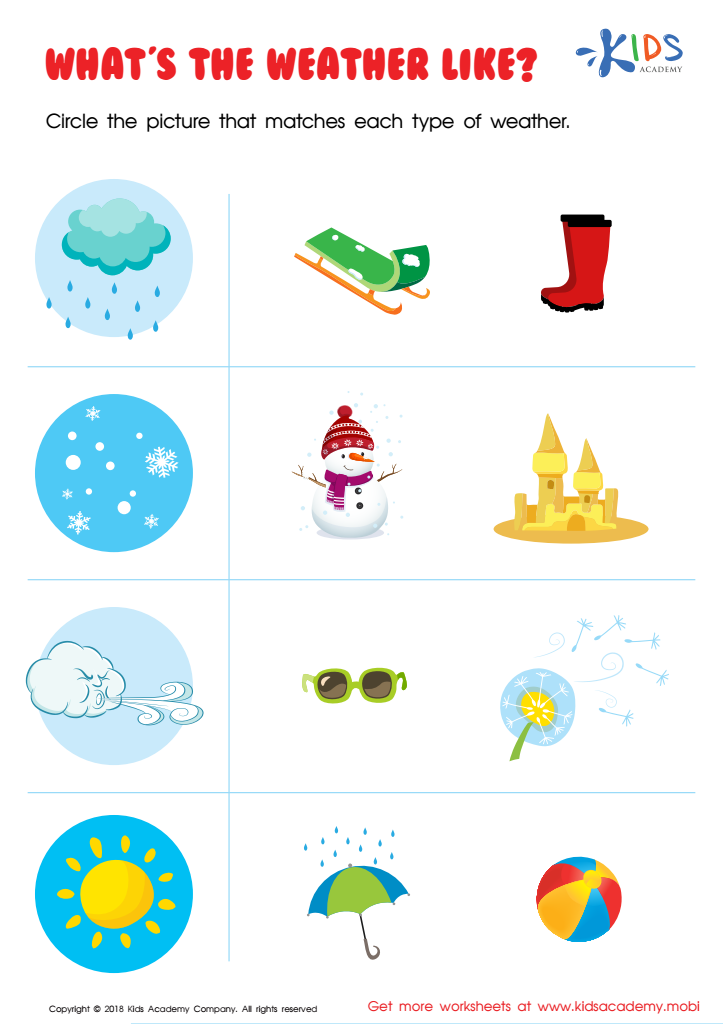

What's the Weather Like? Worksheet
Understanding "Normal Geography" or basic geographic concepts is crucial for young children, and parents and teachers should prioritize it for several compelling reasons. Geography at a young age cultivates a sense of space, place, and direction, which is vital for everyday navigation and understanding one's environment. This foundational knowledge allows kids to grasp where they are in relation to the world, fostering a sense of belonging and interconnectedness.
Introducing geographic concepts such as landmarks, maps, weather patterns, and different habitats enriches a child’s cognitive development. It enhances their problem-solving skills as they learn to interpret various spatial data. Geography also integrates well with other subjects, like history, science, and social studies, providing a well-rounded educational experience.
Moreover, early exposure to geography promotes cultural awareness and sensitivity. By learning about different places and cultures, children develop empathy and respect for diversity, which are essential traits in an increasingly globalized world. This helps in shaping open-minded, informed, and responsible citizens.
Lastly, geographic knowledge nurtures curiosity and encourages exploration. When kids start by discovering their immediate environment, they build the confidence to explore further, ask questions, and engage actively with the world around them. This natural curiosity lays the groundwork for lifelong learning and discovery.

 Assign to the classroom
Assign to the classroom
